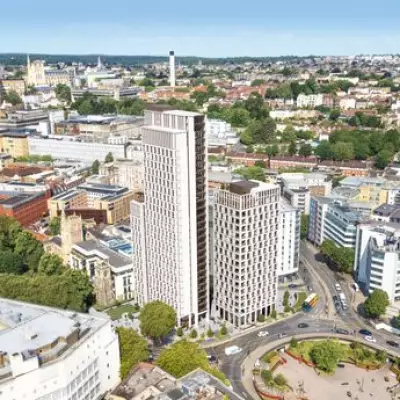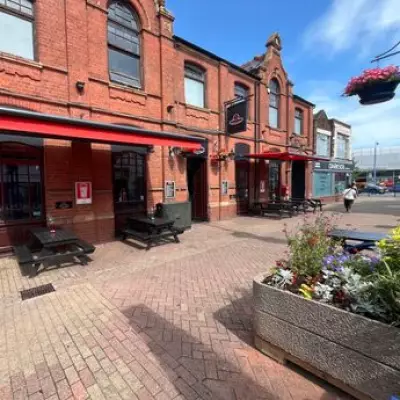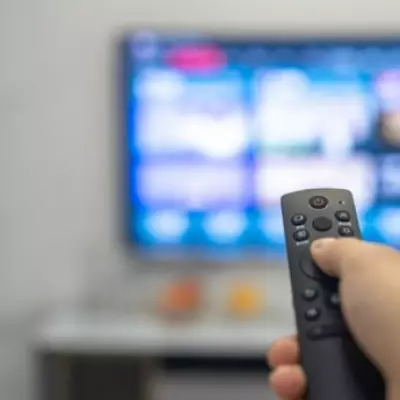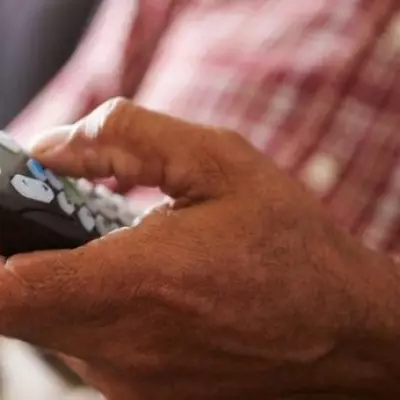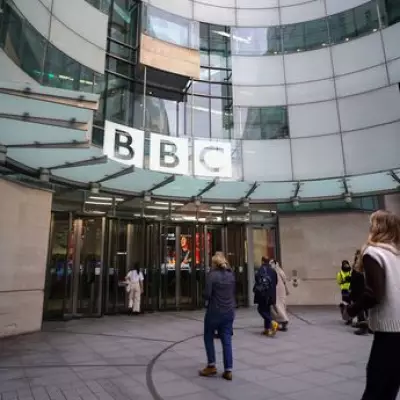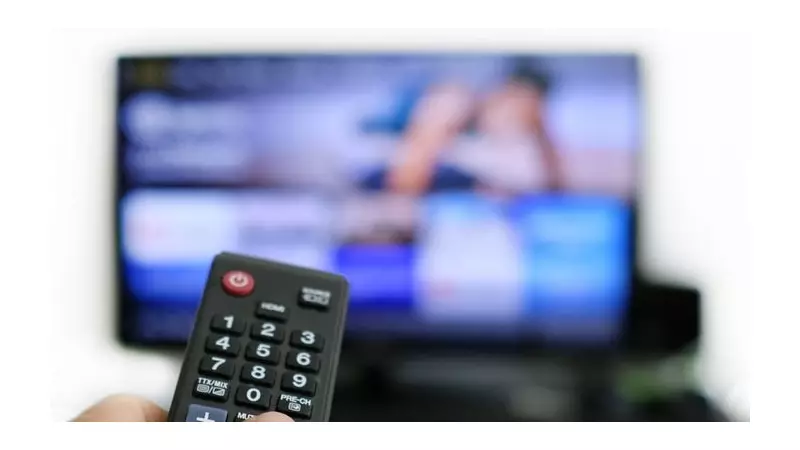
Households across Britain are set to feel the pinch as the television licence fee is confirmed to rise above £180 for the first time in 2026. The government has announced plans to increase the annual charge, which funds BBC services, following the current freeze period.
What the Numbers Reveal
The current TV licence fee remains frozen at £169.50 until April 2024, but this stability is temporary. From 2025, the fee will increase in line with inflation for the following four years, meaning households could be paying over £180 annually by 2026.
Who Actually Needs to Pay?
If you watch live television on any channel or use BBC iPlayer, you're legally required to have a TV licence. This applies regardless of whether you're watching on a traditional television set, computer, tablet, or mobile phone.
The payment options available include:
- Full annual payment
- Monthly direct debit spread over 6 or 12 months
- Quarterly direct debit
- Weekly or monthly cash payments through PayPoint scheme
Significant Exemptions You Should Know About
Several groups qualify for either free or discounted TV licences, potentially saving eligible households the full cost.
Complete Exemption Categories:
Over-75s on Pension Credit
If you're aged 75 or over and receive Pension Credit, you can apply for a free TV licence. The licence must be applied for and will cover both you and your partner at the same address.
Residents in Care Homes
Special rules apply for residents in care homes, sheltered accommodation, or similar housing schemes. The establishment may have an Accommodation for Residential Care (ARC) licence that covers residents.
Severely Sight Impaired
Registered blind people or those with severe sight impairment qualify for a 50% discount on their TV licence fee.
What About Students and Second Homes?
Students living in halls of residence typically need their own TV licence if watching live television or using iPlayer in their room. However, if you're moving between your term-time address and home during holidays, you might be covered by your parents' licence under specific conditions.
For second homes, the rules are clear: you need a separate TV licence for each property where equipment is used to receive television services.
Planning Ahead for the Increase
With the confirmed rise coming in 2026, now is the time to review your payment method and ensure you're not paying more than necessary. Check your eligibility for exemptions and consider spreading the cost through monthly payments to manage the upcoming increase.
The government emphasises that the new funding model aims to ensure the BBC's long-term sustainability while recognising the cost pressures facing households across the country.

